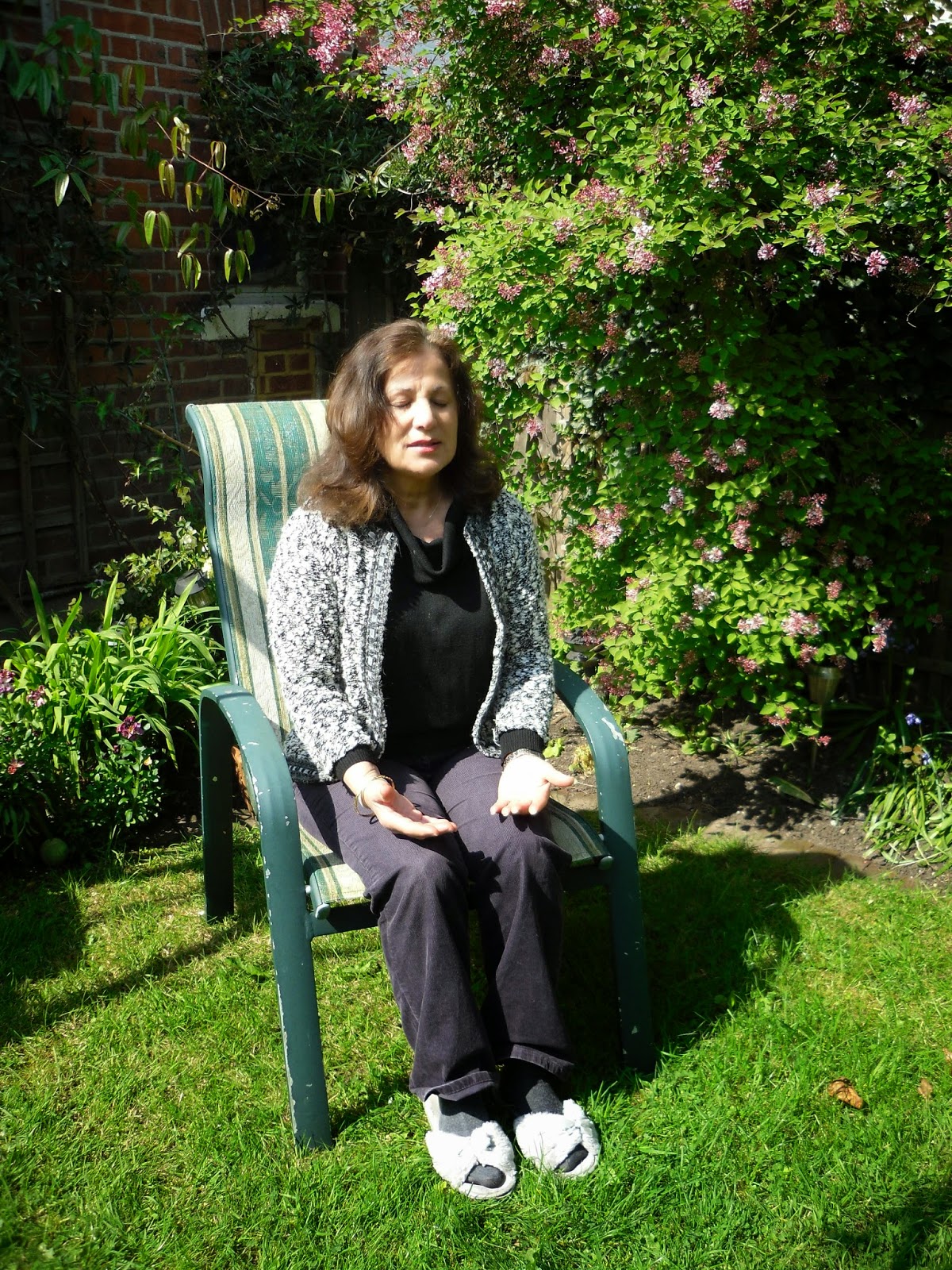“Stressed?
Me, never!!” How often have I heard those words from ex-colleagues,
family & friends who are clearly stressed as shown by their very
physical presentation. Symptoms can include frown marks, hunched
shoulders or tense body posture. So, what actually is stress? Stress
is looked upon as something more than a person can normally cope
with; this could be in the form of emotional, physical or
psychological demands. These extra pressures are known as
'stressors'. What may be a stressor for one person may not be for
another. For example, I'd find moving house (or the very thought)
very stressful whilst I have a friend to whom it is exciting &
new & very much to be looked forward to. So, what happens when
our bodies are under stress? Most stressed bodies will experience
high blood pressure, great muscle tension, unsteady & fast heart
beat, quick & inefficient breathing & a busy & easily
distracted mind.
The
good news is that it is easy to achieve a relaxed body in order to
self-manage your stress level. A relaxed body will help you to cope
so much better with the demands made by everyday living. One of the
ways is a technique called 'palming', shown below. This technique includes
taking a few minutes out every day to totally
relax the eyes which will help to calm the rest of your body and
mind. Firstly, shake your hands as if you are air drying them. Then warm up
your hands by rubbing them vigorously until they feel nice &
warm. The next step is to cup them gently and place them firmly over
your eyes for a few minutes. Try to steady your breathing and
concentrate on that. Finally, slowly take your hands away and gently
open your eyes. You should feel refreshed. You may find that taking a
few minutes out of your daily routine to relax is vital to you
functioning at your optimum.

The
other effective technique is to deliberately concentrate on your
breathing (pictured below). It can be done anywhere! Wherever you are then it is important to find a space where you won't be disturbed. Switch off the phone, turn on some music if that would help. To do this, sit in a comfortable position with your
arms on your lap & palms facing upwards. Then gently close your
eyes and breathe deeply and slowly. Try to continue for 5 –
10minutes and then slowly open your eyes and carry on with your
routine. It is best to try not to push away any thoughts but to
acknowledge them & then carry on focusing on your breathing. Good
luck & be calm & relaxed.
 |
| Outside is a lovely space to do this technique |
 |
| Find a space where you won't be disturbed |










